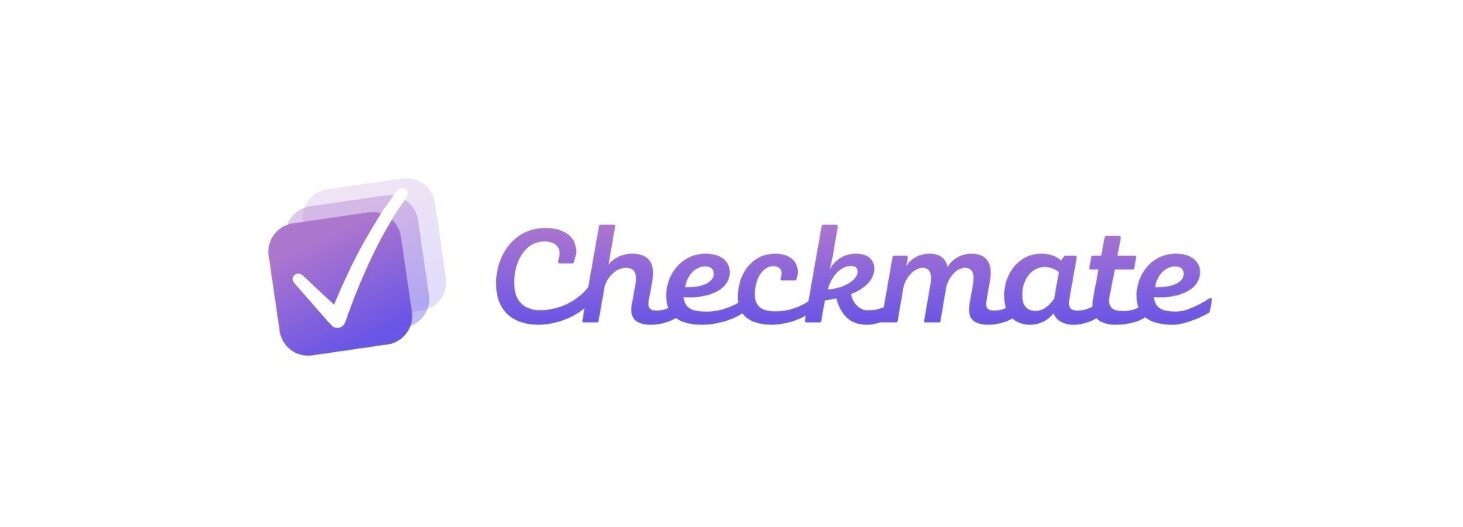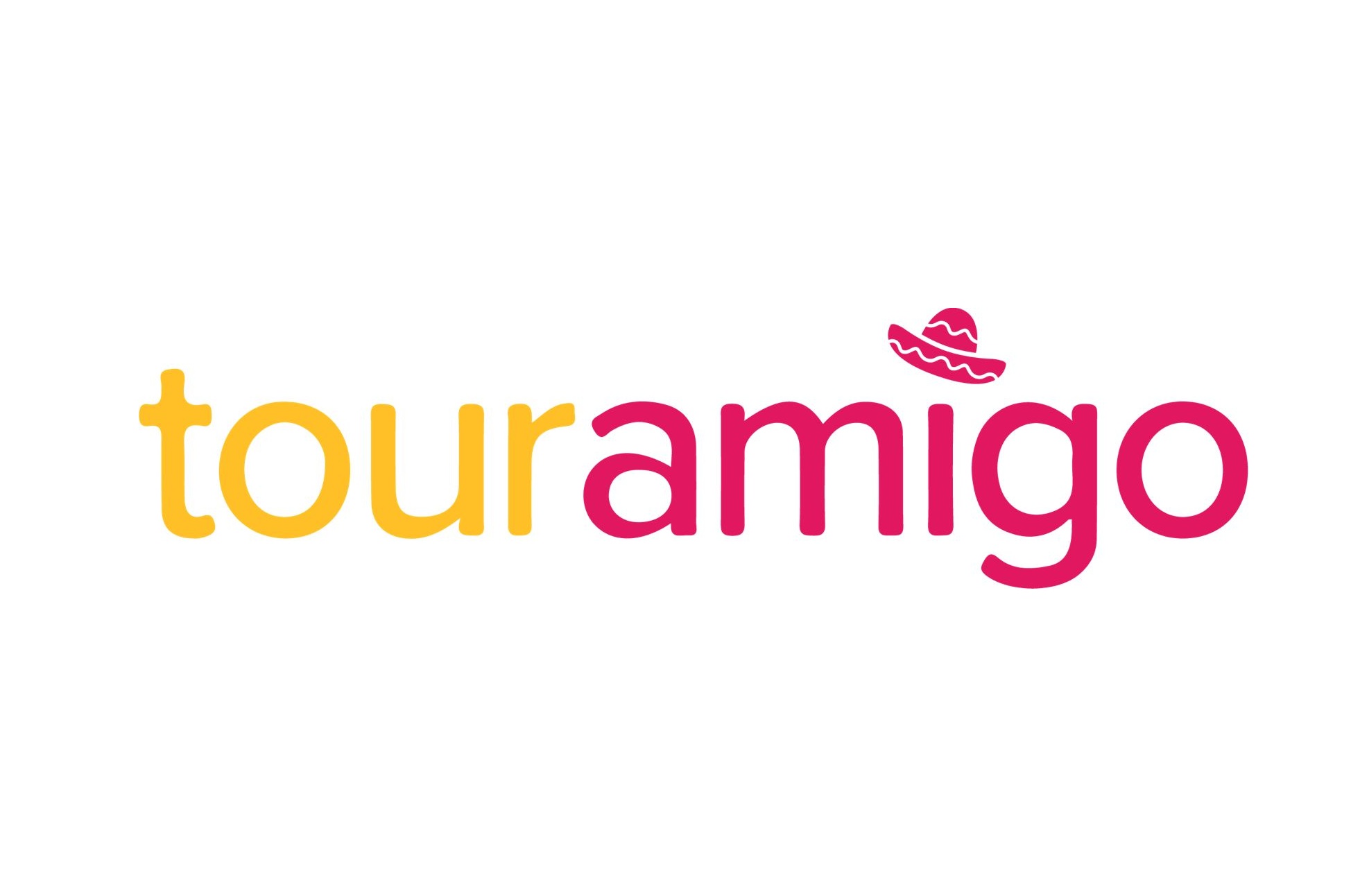90 percent of the world’s hotels are small, independent operations. B2B SaaS company ZUZU wants to empower them to compete globally and digitally. And it’s working.
When people talk about the hotel industry, they typically bring up big brand names like Marriott. But this is a mischaracterization, says Vikram Malhi, co-founder of ZUZU Hospitality
That’s because 90 percent of hotels around the world are actually independent operations. With online booking platforms making it easier to discover travel experiences, these independent properties have a greater chance than ever before of expanding their customer base. In reality, they represent a minority of the revenue earned on hotel booking platforms.
Vikram and ZUZU co-founder Dan Lynn spotted this trend when they were working at popular travel platform Expedia. Dan is the former CEO of AirAsia Expedia, while Vikram was the general manager of Expedia Asia. Together, they helped launch the platform in 13 Asia-Pacific countries.
They saw that the small guys didn’t have the technological know-how and capacity to optimize their systems for online commerce.
To compete and succeed in the Internet economy, small, independent hoteliers seemed to have only three options:
1. Ignore e-commerce and rely on offline sales and relationships with travel agencies. As a result, lose the chance to capture a large market.
2. Invest in e-commerce solutions. Buy several hotel management systems and hire (if they can find one) a skilled revenue manager. A hotel would have to shell out around US$25,000 for the software and US$30-70,000 a year on the revenue manager’s salary.
3. Join a branded chain—and lose control of their own brand while investing significant capital on renovations to meet the branded chain’s standards.
None of these options works to independent hotels’ advantage. With at least 730,000 hotels globally, that means the needs of 650,000 independent hoteliers are being ignored.
Now, with ZUZU, they have a fourth — and viable — option.
Unchained five-in-one solution for small hotels
ZUZU offers hoteliers a Software-as-a-Service (SaaS) solution that combines five systems:
– Insight analytics
– Revenue management
– Channel management
– Property management
– Reputation management
“It’s an all-in-one operating system for hotels,” says Vikram.
A channel manager, for instance, connects properties to hundreds of distribution channels globally. With the reputation management platform, hoteliers can see reviews of their property from all over the web.
The system that really helps hotels maximize their earnings, though, is revenue management.
On a typical day, a general manager would be too busy dealing with problems—canceled bookings, understaffing, equipment breaking down—to monitor pricing. But she might miss the fact that they’re almost fully booked for an upcoming day. She might also fail to realize that this is an opportunity to raise room rates for that day.
That’s where ZUZU’s revenue management platform comes in. It analyzes multiple factors, such as booking rates, competitor pricing, and market demand, and adjusts room prices to maximize revenue.

People and tech: the missing link for B2B SaaS
“Dumping a pure SaaS product onto this customer base will just see massive churn because they won’t get value out of it. They don’t have the time or internal resources to use this software,” explains Dan.
To avoid this scenario, the “software-and-a-service” startup simplifies the software on the hotelier’s end and has its own team of in-house managers.
That means their customers get assigned an expert who will help them manage revenue, online distribution, and insight analytics.
ZUZU has delivered at minimum a 20 percent increase in revenue for its independent hotel customers across six markets—Singapore, Indonesia, Thailand, Malaysia, Australia, and Taiwan. For hotels straddling a thin line between loss and profit, this is significant growth.
Annualized gross booking value (GBV) for ZUZU’s customers has also grown at a compounded monthly rate of 20 percent in the past two years. The B2B SaaS company takes its fees as a low revenue share, compared to the 12 to 15 percent fully-loaded cost of a branded chain.
New markets, more automation
In March earlier this year, ZUZU raised US$3.7 million in a Series A funding round led by Wavemaker Partners. This added capital will help them expand to around six more markets, as well as invest in product development.
They aim to use basic regression models—and eventually, fully automated machine learning—for a larger portion of pricing recommendations on their revenue management platform.
They’re also now eyeing Airbnb owners and managers as a potential market, as they share the same struggles with small, independent hotels.
“There’s no place in the world where there are independent hoteliers who are not struggling with these problems,” Dan says. Ultimately, the team’s goal is to help hoteliers maximize revenue, compete globally, and keep their doors wide open.
Check out all of Wavemaker Partner SEA’s portfolio companies here or read other articles like this on our blog.








